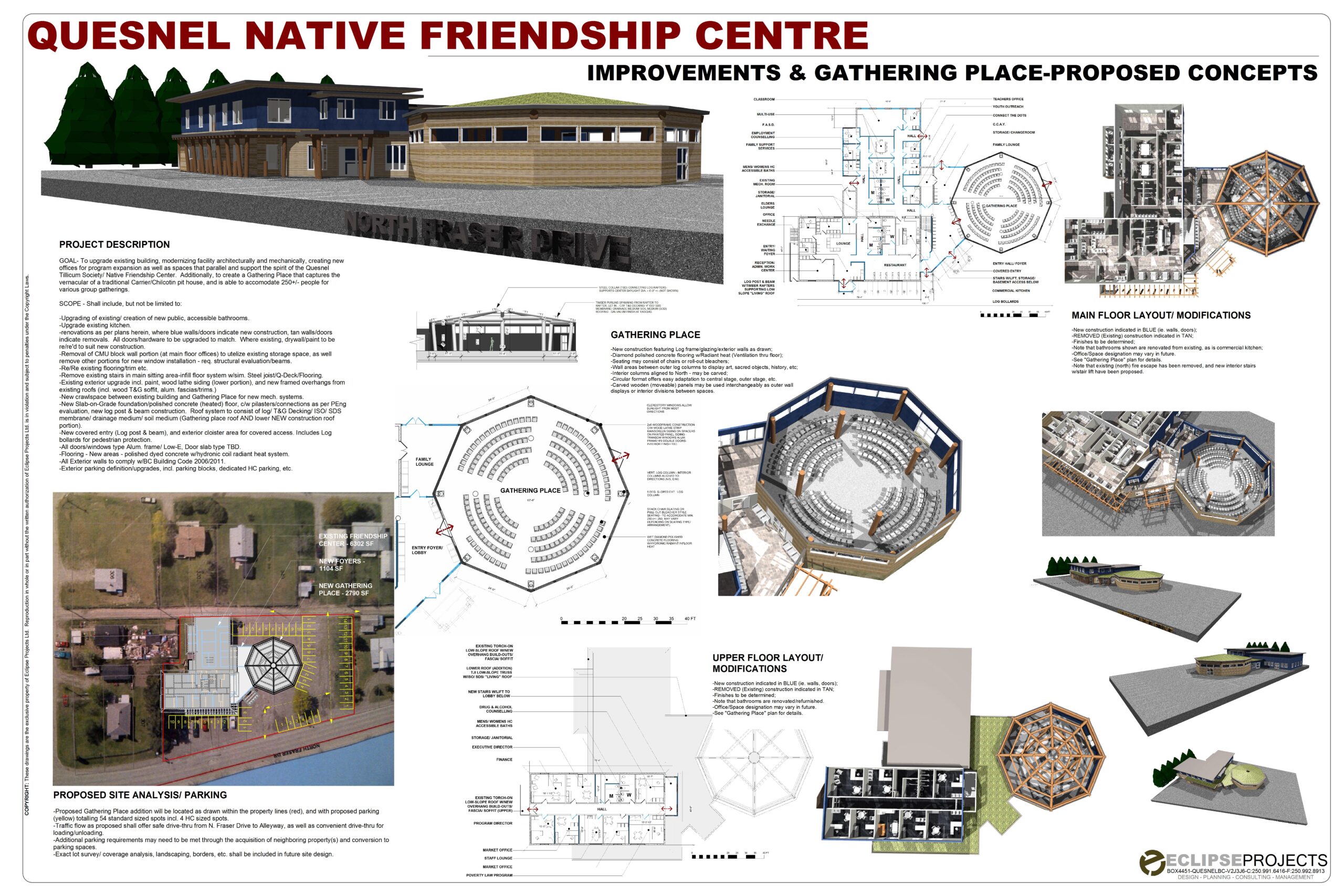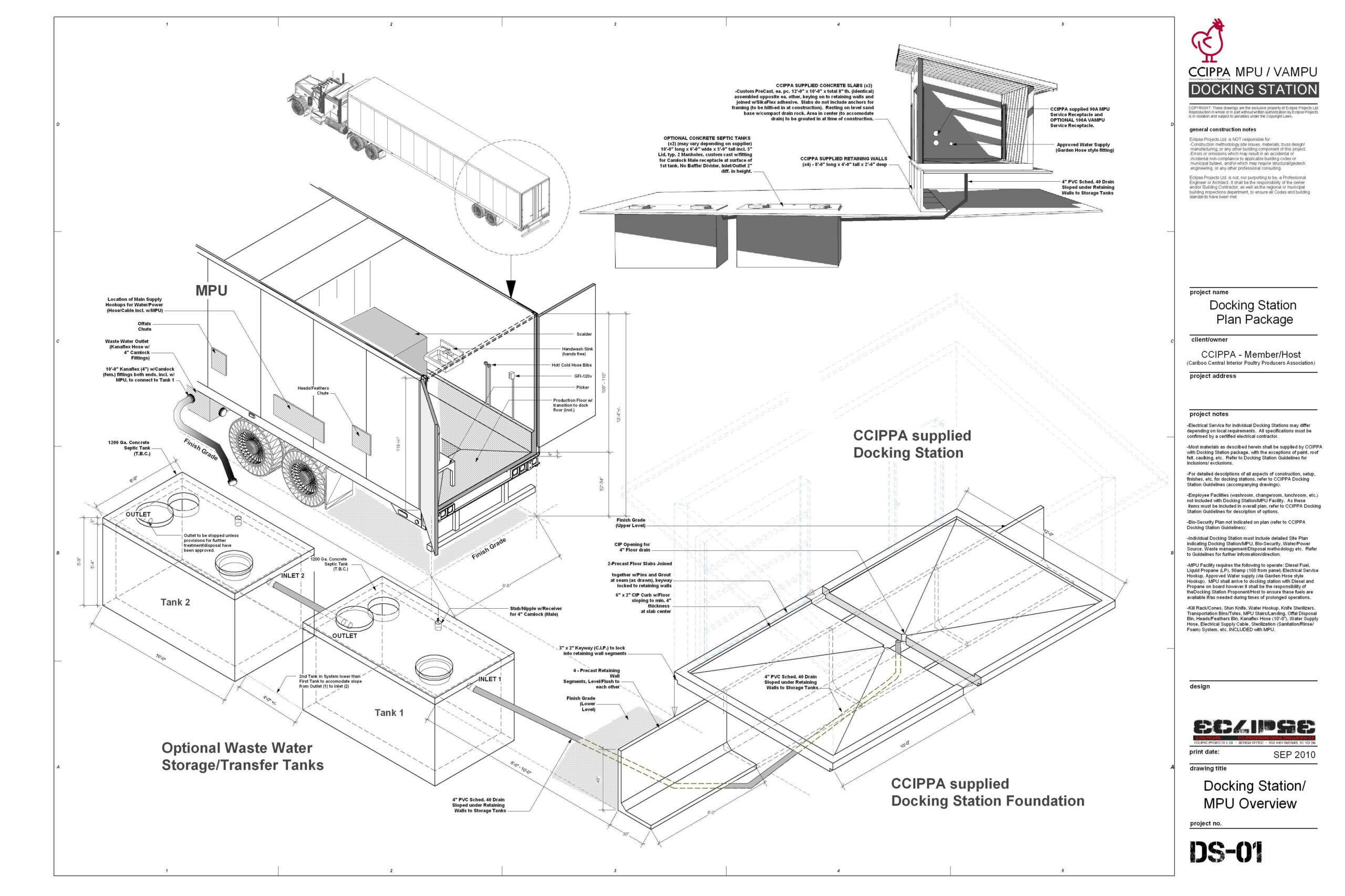
Residential Design
The Eclipse Project, although primarily focused on commercial designs, also offers comprehensive residential design services. The approach to residential design within the Eclipse Project emphasizes creating functional, aesthetically pleasing, and personalized living spaces that meet the unique needs and preferences of homeowners.
Residential design involves creating living spaces that are comfortable, practical, and reflective of the homeowner’s lifestyle and tastes. Key considerations include:
- Client Lifestyle and Needs: Understanding the homeowner’s lifestyle, family structure, and specific needs. This includes considerations for daily activities, future growth, and any special requirements such as home offices, entertainment areas, or accessibility features.
- Space Utilization: Maximizing the efficient use of space to create functional and harmonious living environments. This involves thoughtful planning of room layouts, circulation paths, and storage solutions.
- Aesthetic Appeal: Creating designs that are visually appealing and reflective of the homeowner’s personal style. This includes the selection of materials, colors, finishes, and furnishings that create a cohesive and inviting atmosphere.
- Environmental Considerations: Incorporating sustainable design principles to enhance energy efficiency, reduce environmental impact, and create healthier living environments. This may include the use of eco-friendly materials, energy-efficient systems, and natural lighting.
Key Elements of Residential Design
Successful residential design integrates several key elements to create harmonious and functional living spaces:
- Layout and Flow: Designing intuitive and efficient layouts that facilitate easy movement and interaction within the home. This involves thoughtful placement of rooms, consideration of sightlines, and strategic use of open and closed spaces.
- Lighting and Ambiance: Utilizing natural and artificial lighting to create a comfortable and inviting ambiance. This includes designing windows and skylights for optimal daylight, as well as selecting appropriate lighting fixtures for different areas of the home.
- Material and Finish Selection: Choosing materials and finishes that enhance the aesthetic appeal, durability, and functionality of the home. This involves balancing aesthetics with practicality to create spaces that are both beautiful and easy to maintain.
- Customization and Personalization: Tailoring the design to reflect the unique preferences and lifestyle of the homeowner. This includes incorporating custom features, bespoke furniture, and personalized design elements that make the home truly unique.
The Residential Design Process
The residential design process for the Eclipse Project typically involves several stages:
- Initial Consultation: Meeting with the homeowner to discuss their vision, needs, and budget. This involves understanding their lifestyle, design preferences, and any specific requirements they may have.
- Site Analysis: Conducting a thorough analysis of the site to understand its potential and constraints. This includes assessing the existing structure, landscape, and any site-specific challenges.
- Concept Development: Creating initial design concepts based on the homeowner’s input and site analysis. This involves preparing sketches, mood boards, and preliminary layouts to visualize different design options.
- Design Refinement: Refining the chosen concept into a detailed design. This includes creating detailed floor plans, elevations, and 3D renderings, as well as selecting materials, finishes, and furnishings.
- Construction Documentation: Preparing comprehensive construction documents that provide clear instructions for the construction team. This includes detailed drawings, specifications, and schedules that guide the construction process.
- Permitting and Approvals: Assisting the homeowner in obtaining the necessary permits and approvals from local authorities. This ensures that the project complies with all relevant regulations and can proceed without delays.
- Construction Administration: Overseeing the construction process to ensure that the design is executed as planned. This involves regular site visits, coordinating with contractors, and addressing any issues that arise during construction.
By emphasizing functionality, aesthetic appeal, and sustainability, the Eclipse Project delivers residential spaces that are not only beautiful but also tailored to enhance the homeowner’s lifestyle and well-being.
Innovation Unleashed: Empowering Your Ideas to Eclipse Boundaries.










